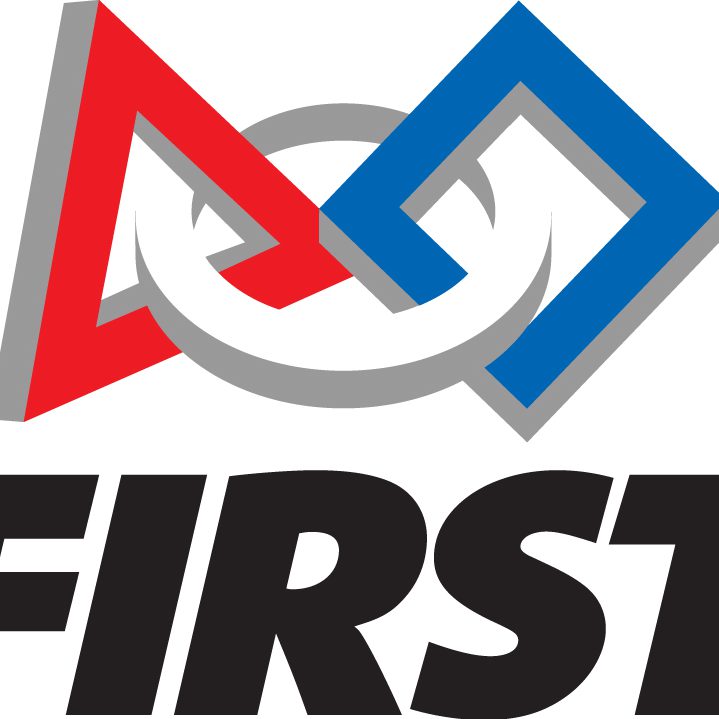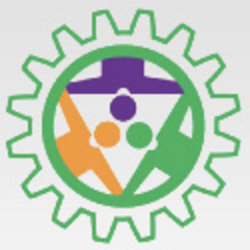The COVID-19 pandemic has created challenges, both personal and professional, that we have never encountered before. In our robotics community, there is disappointment, loss and grief as our competition season has abruptly ended and we are left isolated from the many people and activities that enrich our lives. Yet the life lessons that come from being in FIRST are what we can use to rise above this challenge and come out stronger in the end. At a recent FUM Diversity and Inclusion committee meeting, we discussed approaches we can all take to support each other during these challenging times.
- Mentors and coaches, please stay connected with your students. There does not need to be any agenda. Just check in and chat using email, text, video, etc. Everyone is adjusting to a new way of life, and being physically separated from the team makes that adjustment harder. Your support is more important than ever.
- It is OK to not have the answers or to express your own challenges in adjusting to life under a pandemic. It helps your students to know others are going through the same experiences and challenges.
- Be mindful that the pandemic is highlighting that our students do not all have equivalent access to important resources, such as internet access and food.
- Reach out to other teams and mentors for help and support. All of us are trying to figure out how to support our teams and the sharing of ideas can be helpful and inspiring.
- Many of your team alumni are likely back at home. This is a great opportunity to re-connect them to your team and current team members.
- If you can, take this opportunity to try out virtual meetings with your team. Again, there does not always have to be an agenda. Sometimes, a group check-in with some games (https://skribbl.io, http://www.jackboxgames.com, codewords are examples) is what we may need the most. Alternatively, you can work on some projects that can be done virtually, such as determining team leadership for next season, holding training sessions to pass on team knowledge, thinking about whether you can recruit new team members virtually, etc.


